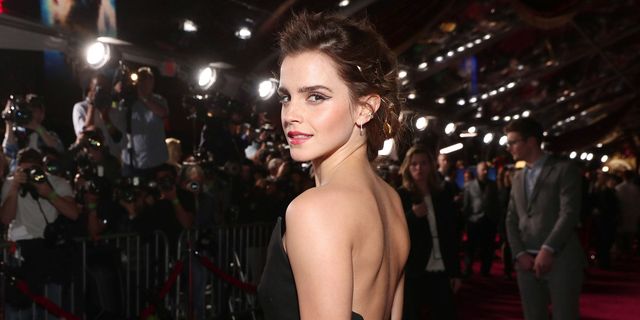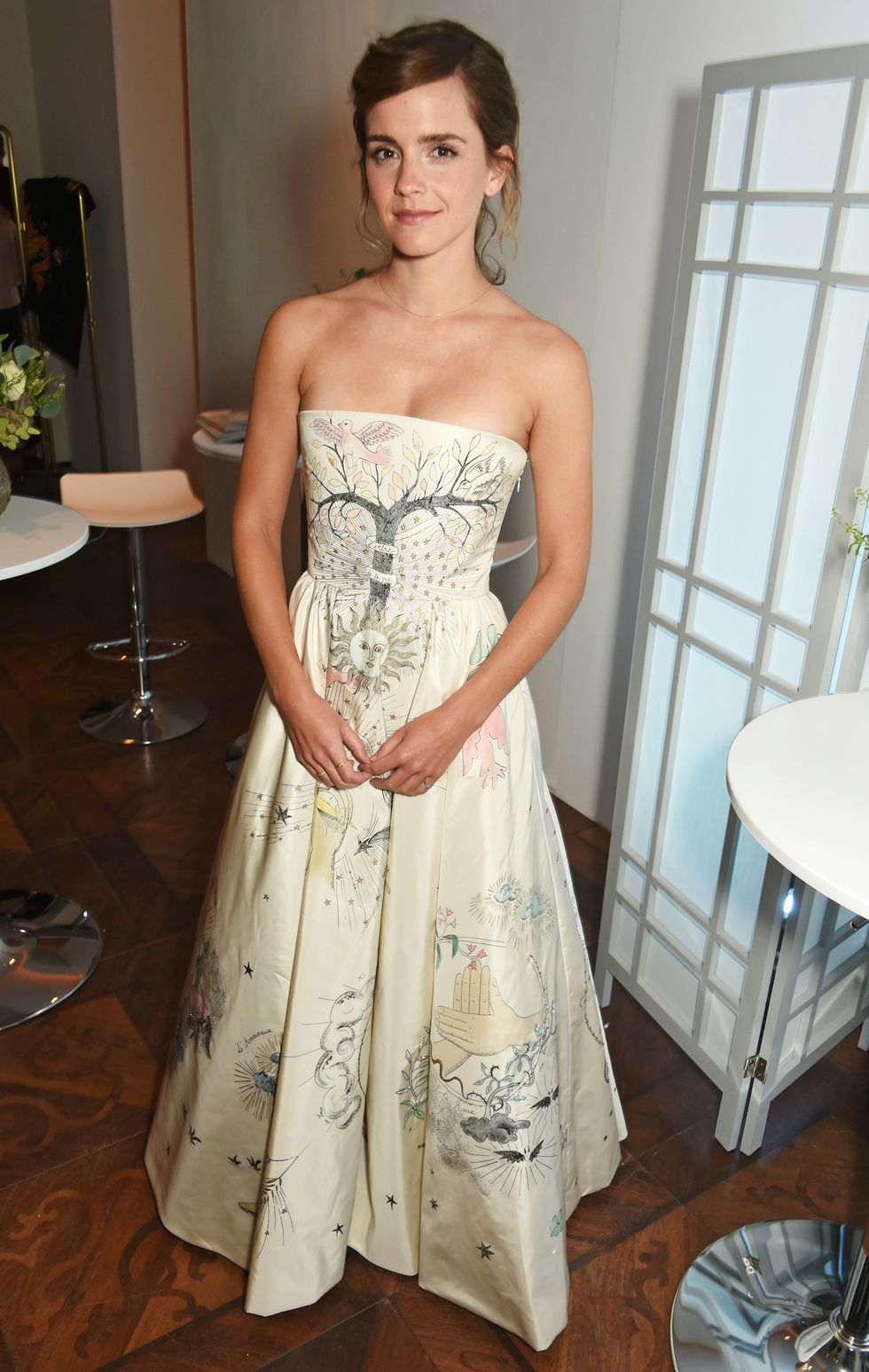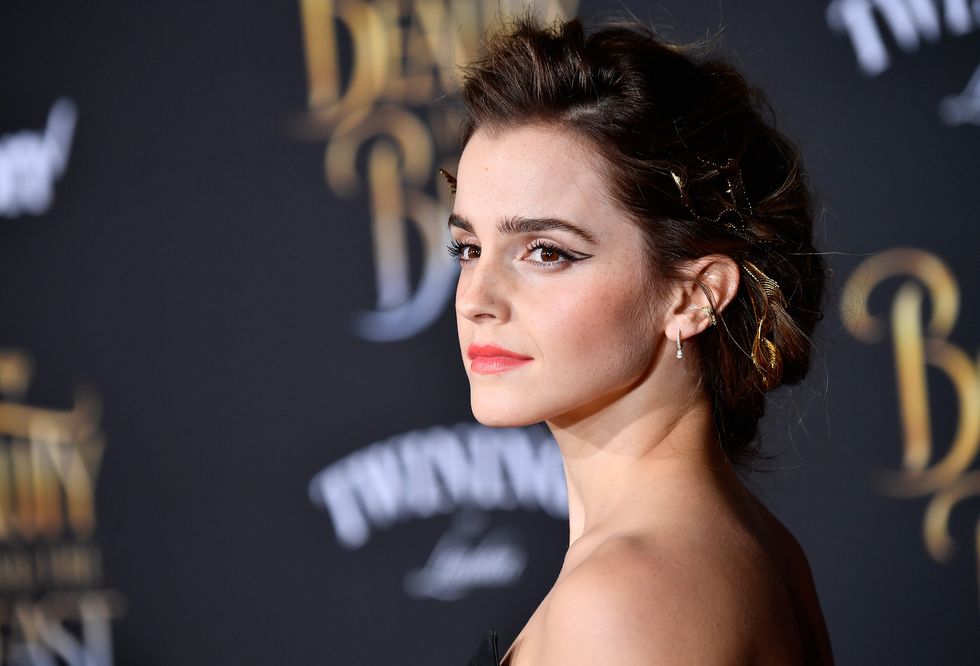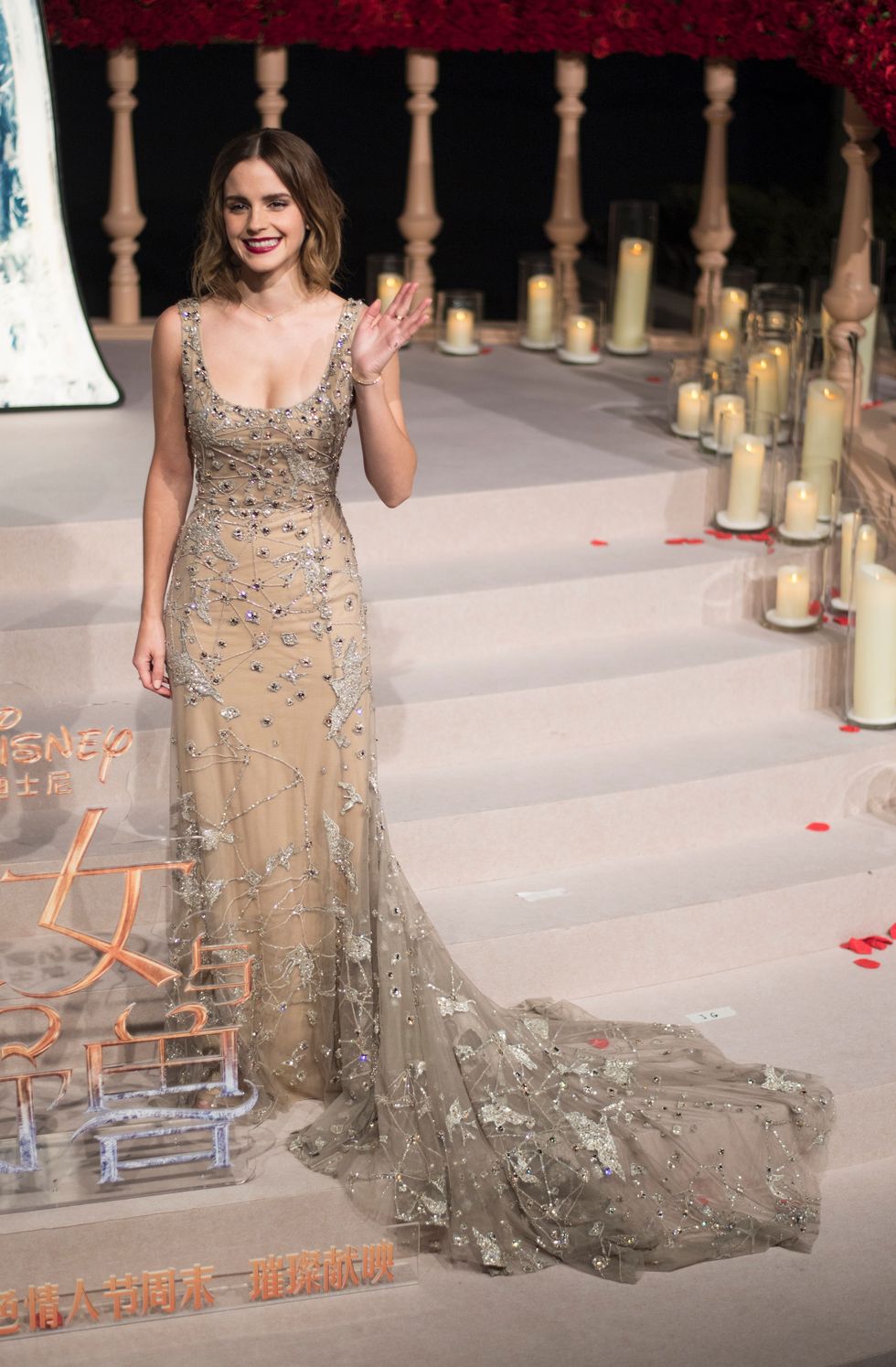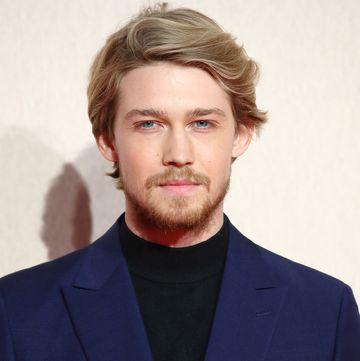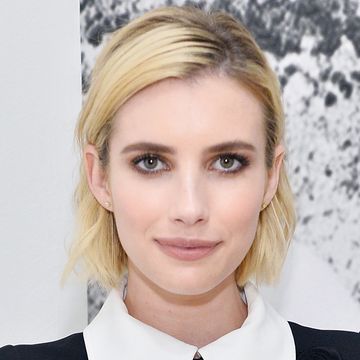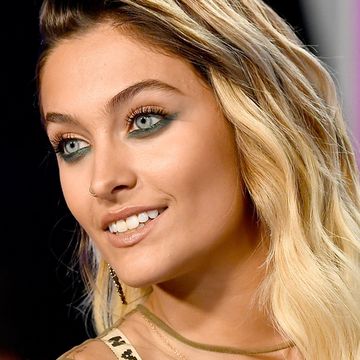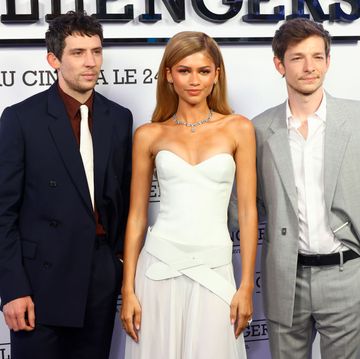For Emma Watson, the opportunity to portray Belle in Disney's live-action remake of Beauty and the Beast wasn't just another acting gig to help her on the way to becoming the highest-paid actress of 2017, it was an obligation and means of championing feminism and illustrating why female-centric narratives are so crucial to society and storytelling.
Working in an industry where Marvel blames its decline in comic book sales on their increased inclusion of diverse and female characters, where Star Wars fans take to the internet to voice their outrage at Rogue One with yet another female protagonist, and where last year's remake of Ghostbusters was deemed 'feminist crap', the 26-year-old is quick to share her theory on why male viewers struggle to watch female heroes on screen.
In an interview with Marie Claire Australia, the Harry Potter actress – who won the 'Woman of the Year' gong at the 2017 ELLE Style Awards – explains: 'It's something they're not used to, and they don't like that.
'Anything that deviates from the norm is difficult to accept. I think if you've been used to watching characters that look like, sound like, think like you, and then you see someone [unexpected] up on the screen, you go, "Well, that's a girl, she doesn't look like me. I want it to look like me so that I can project myself onto the character,"' she adds.
It's a fair point.
In the process of storytelling – be it through film, literature or television – viewers have a tendency to empathise with characters who look, sound and behave like them. However, Watson argues that men lack the ability to empathise with female characters on-screen because they haven't had enough exposure to their importance in narratives.
On the contrary, women have seen themselves – their courageous, fierce and badass behaviours – projected in the likes of male characters, such as James Bond and Batman, who don't look or sound like them for decades.
Watson explains: '[Women] see whoever is on screen and recognise the human qualities in the man that we relate to, and there's not such a gap. But for some reason, there's some kind of barrier there where [men] are like, "I don't want to relate to a girl." I think it is inherently part of the problem'.'
While we're a long way off fair representation in cinema, it's imperative the film industry, critics and viewers demand and support cinema which depicts experiences of different ethnicities, languages, sexualities and genders to welcome in a new cinematographic norm, where men and women can empathise with protagonists no matter what their identity.
The more men see women play important roles on screen, the less shocking a woman's appearance on screen will be.

Katie O'Malley is the Site Director on ELLE UK. On a daily basis you’ll find Katie managing all digital workflow, editing site, video and newsletter content, liaising with commercial and sales teams on new partnerships and deals (eg Nike, Tiffany & Co., Cartier etc), implementing new digital strategies and compiling in-depth data traffic, SEO and ecomm reports. In addition to appearing on the radio and on TV, as well as interviewing everyone from Oprah Winfrey to Rishi Sunak PM, Katie enjoys writing about lifestyle, culture, wellness, fitness, fashion, and more.
